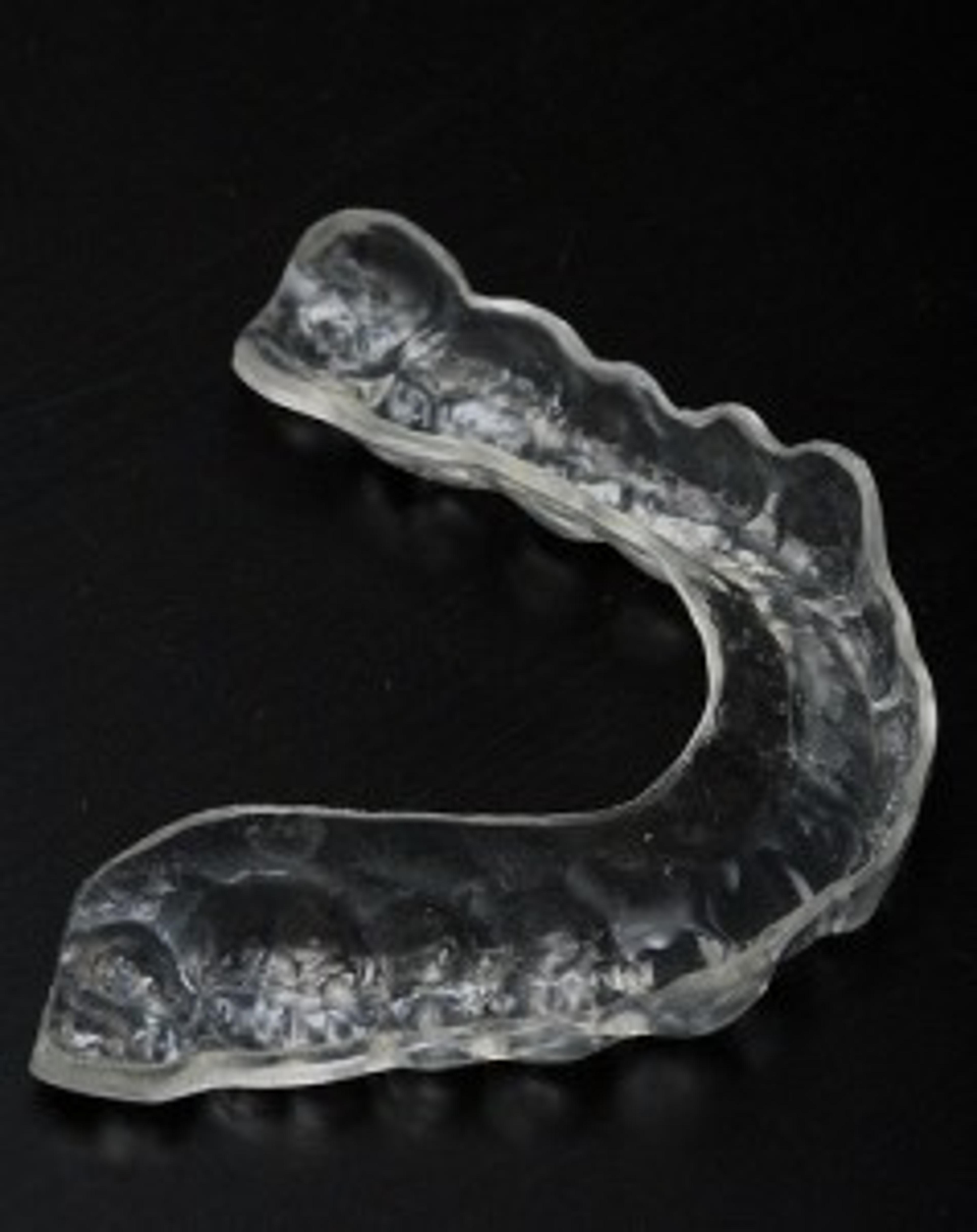Ask the Dentist: What is the best treatment for teeth grinding?

Dr. Gary Vance
| 2 min read

Every person deals with stress differently, and while back pain and headaches are common side effects, most people don’t realize how stress can affect their mouth. But the truth is one of the most common ways people deal with stress is by taking it out on their teeth. In fact, according to the American Dental Association, 95% of Americans grind their teeth at some point in their life, and many aren’t even aware of it. This might seem like a harmless habit, but grinding your teeth can cause serious oral health concerns, not to mention jaw and neck pain, headaches and even broken teeth.
The good news is you don’t have to stress (or clench your teeth) anymore. Here are tips to help reduce teeth grinding and ease your pain once and for all:
- Reduce your stress: Set aside time each day for physical activity. This will help you get out any built up energy you may be storing, but can also help reduce your stress level.
- Avoid caffeine: The soda or coffee you consume throughout the day could be a main culprit of your teeth grinding habit. If possible, try to limit your intake on caffeine and increase the amount of water you consume.
- Relax your jaw: Practice makes perfect. Spend a few minutes each day teaching yourself how to relax your jaw and then remind yourself to do so whenever you have the urge to clench.
- Apply heat: Placing a warm washcloth against your cheeks before you go to sleep is a simple yet effective way to relieve tension and relax your jaw.





